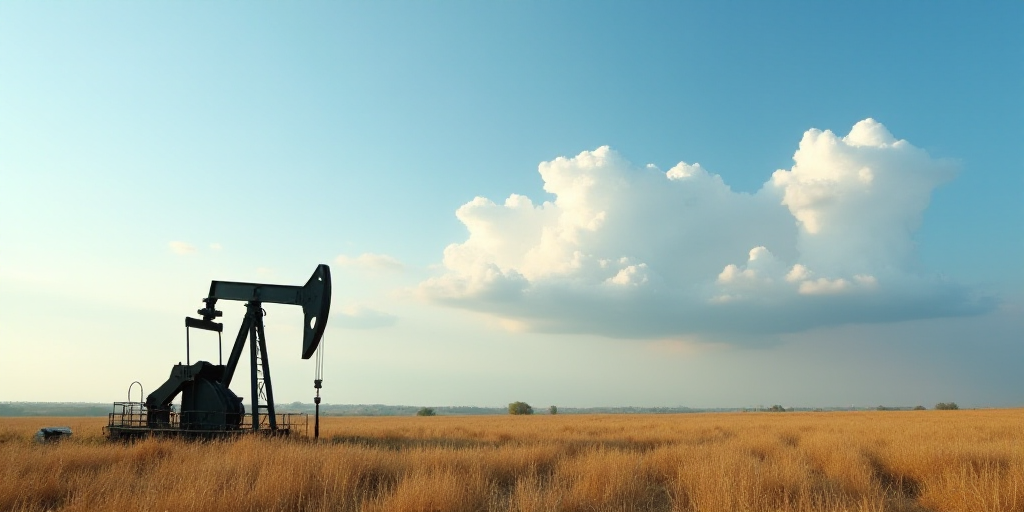Background and Relevance of OPEC+
The Organization of the Petroleum Exporting Countries Plus (OPEC+) consists of OPEC members, Russia, and other allies. Since 2017, this group has been coordinating production cuts to stabilize the oil market. Recently, OPEC+ has been gradually increasing production since April 2021 to support the market recovery following years of supply restrictions.
OPEC+ Production Increase Decision
On Sunday, OPEC+ agreed to further boost oil production starting October due to the ongoing demand recovery. However, the increase was modest compared to previous months, raising concerns about potential oversupply in winter.
Market Reaction and Analyst Insights
- Price Movement: Oil prices rose over $1 on Monday, recovering from last week’s losses. Brent crude was up 1.95% at $66.78 per barrel, while WTI climbed 1.94% to $63.07 per barrel.
- Previous Week’s Performance: Both benchmarks fell more than 2% on Friday due to a weak U.S. jobs report, casting doubt on energy demand prospects. Last week, they dropped over 3%.
- Production Increase Details: OPEC+ plans to raise production by 137,000 barrels per day from October. This is significantly lower than the 555,000 bpd increases in September and August, as well as the 411,000 bpd hikes in July and June.
- Market Expectations: Analysts believe the recent production increase will have a limited impact as some members have already been producing beyond their quotas. The additional barrels may already be in the market.
U.S.-Russia Tensions and Sanctions
Former U.S. President Donald Trump indicated on Sunday that he is prepared to move to a second phase of sanctions against Russia, signaling potential escalation in sanctions against Moscow and its oil buyers due to the war in Ukraine.
Frederic Lasserre, global head of research and analytics at energy trading firm Gunvor, warned on Monday that new sanctions targeting Russian oil buyers could disrupt crude supplies.
Goldman Sachs anticipates a slightly larger oil surplus in 2026, as improved supply from North America offsets reduced Russian output and stronger global demand. The bank maintained its 2025 price forecasts for Brent and WTI, projecting an average of $56/barrel for 2026.
Key Questions and Answers
- What is OPEC+? OPEC+, which includes OPEC members, Russia, and other allies, coordinates production policies to stabilize the global oil market.
- Why did OPEC+ decide on a modest production increase? The decision reflects the ongoing recovery in oil demand and OPEC+’s commitment to supporting market stability.
- What are the potential impacts of the sanctions on Russian oil? Sanctions could disrupt crude supplies, potentially leading to market volatility and affecting global oil prices.
- How might these developments influence oil prices? Market participants are cautiously optimistic about the demand recovery, but concerns over supply and geopolitical tensions could limit price gains.






